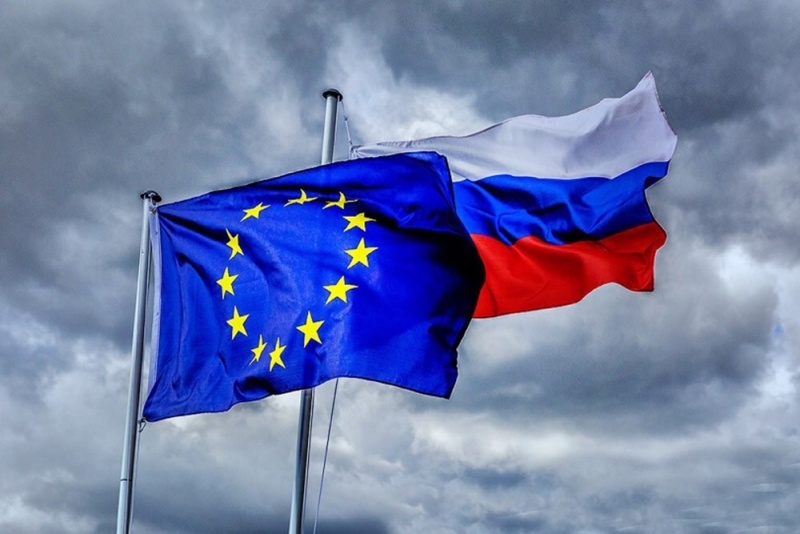
-
Published: 22 February 2022

With a view to finalizing them without delay, the Presidents of the European Council and the European Commission said that the Ministers for Foreign Affairs of the States of the European Union would study a package of sanctions against Russia.
In a statement, the European Governments referred to the sanctions agreed upon following Russia's formal recognition of two separatist regions in eastern Ukraine.
The proposals include targeting participants in the resolution, which was described as "illegal," as well as targeting banks that finance Russian army and other operations in the two regions.
The list includes targeting the access of the Russian State and the Government to services, capital and financial markets in the European Union, in order to limit funding for escalation and aggressive policies.
Europeans will also consider targeting trade with the separatist regions to and from the European Union.
The European Union believes that this step is necessary to "ensure that those responsible for illegal and aggressive acts clearly feel the economic consequences of their actions."
"The European Union is ready and ready to take further action at a later stage if necessary in the light of developments in the situation."
On Monday evening, Russian President Vladimir Putin announced Moscow's recognition of the independence of the Lugansk and Donetsk regions, eastern Ukraine, in a move seen as a prelude to military intervention.
The possible sanctions, Putin said, would be imposed by the West in any event, because he would be looking for a pretext to do so.
Putin's announcement was followed by an order for Russian troops to enter the Donetsk and Luganesk "peacekeeping" regions, which meant an invasion in one form or another.
Western reactions condemning the Russian move, calling it a "flagrant violation" of Ukraine's sovereignty and territorial integrity, continued amidst and returned "severe" sanctions against Russia.
